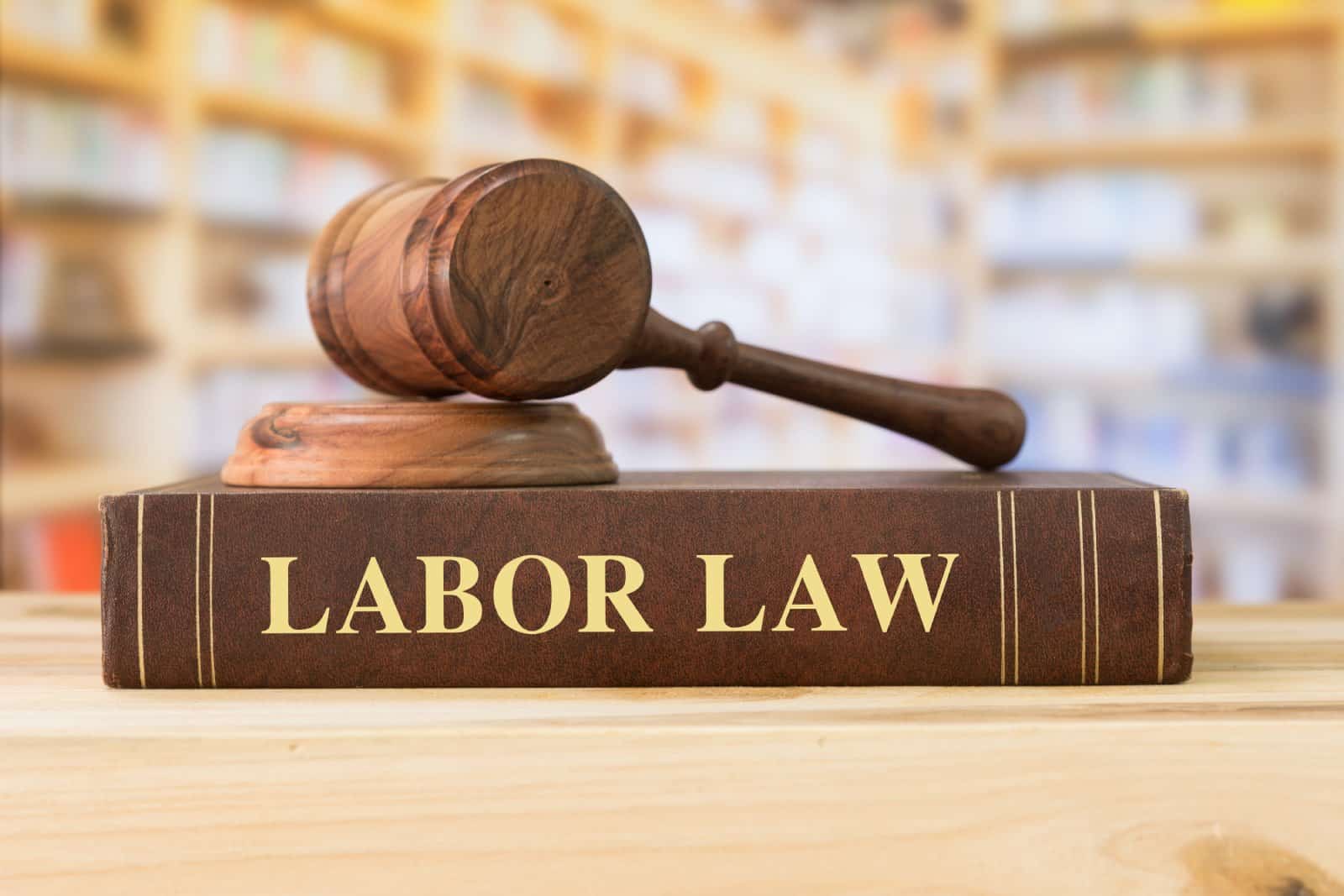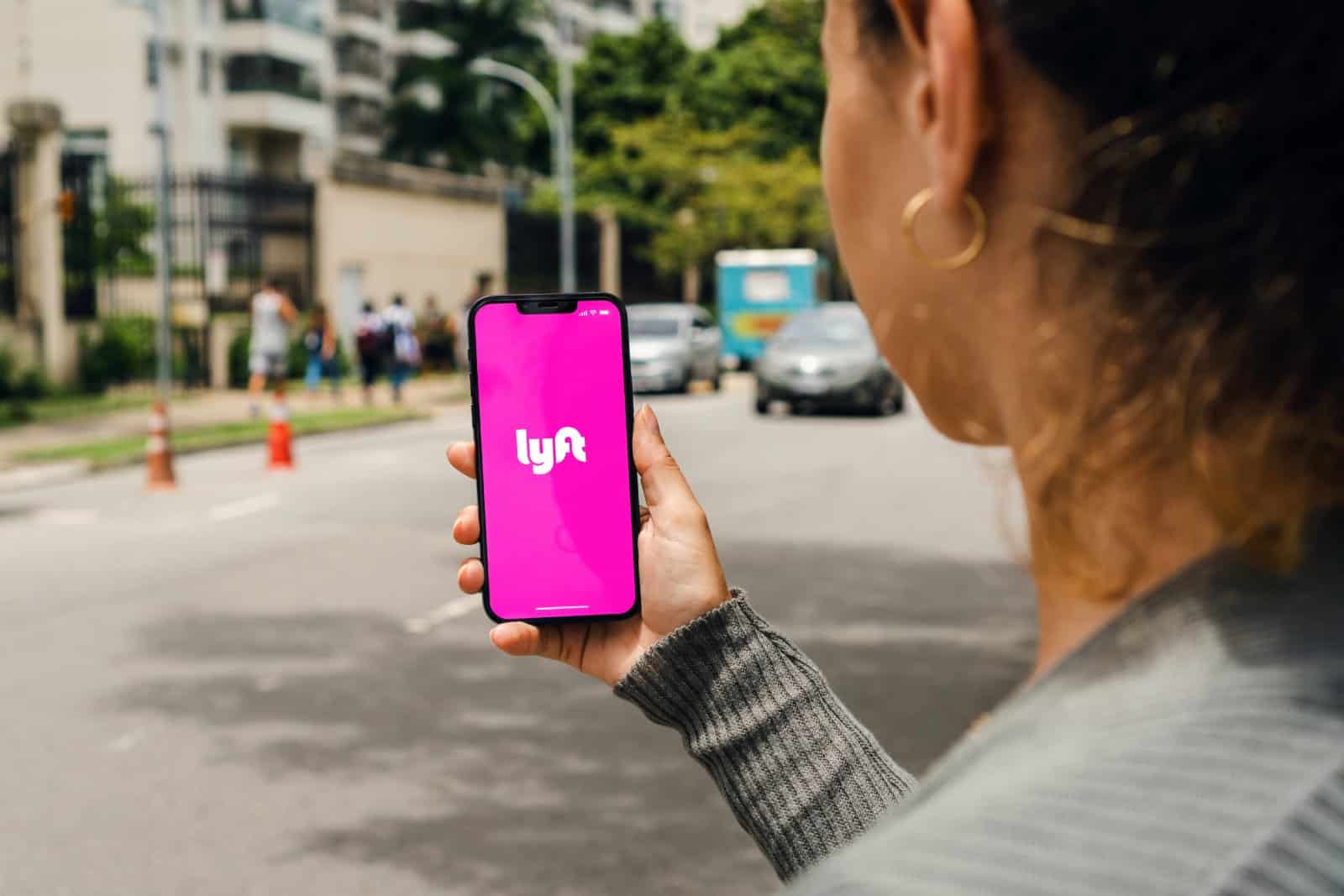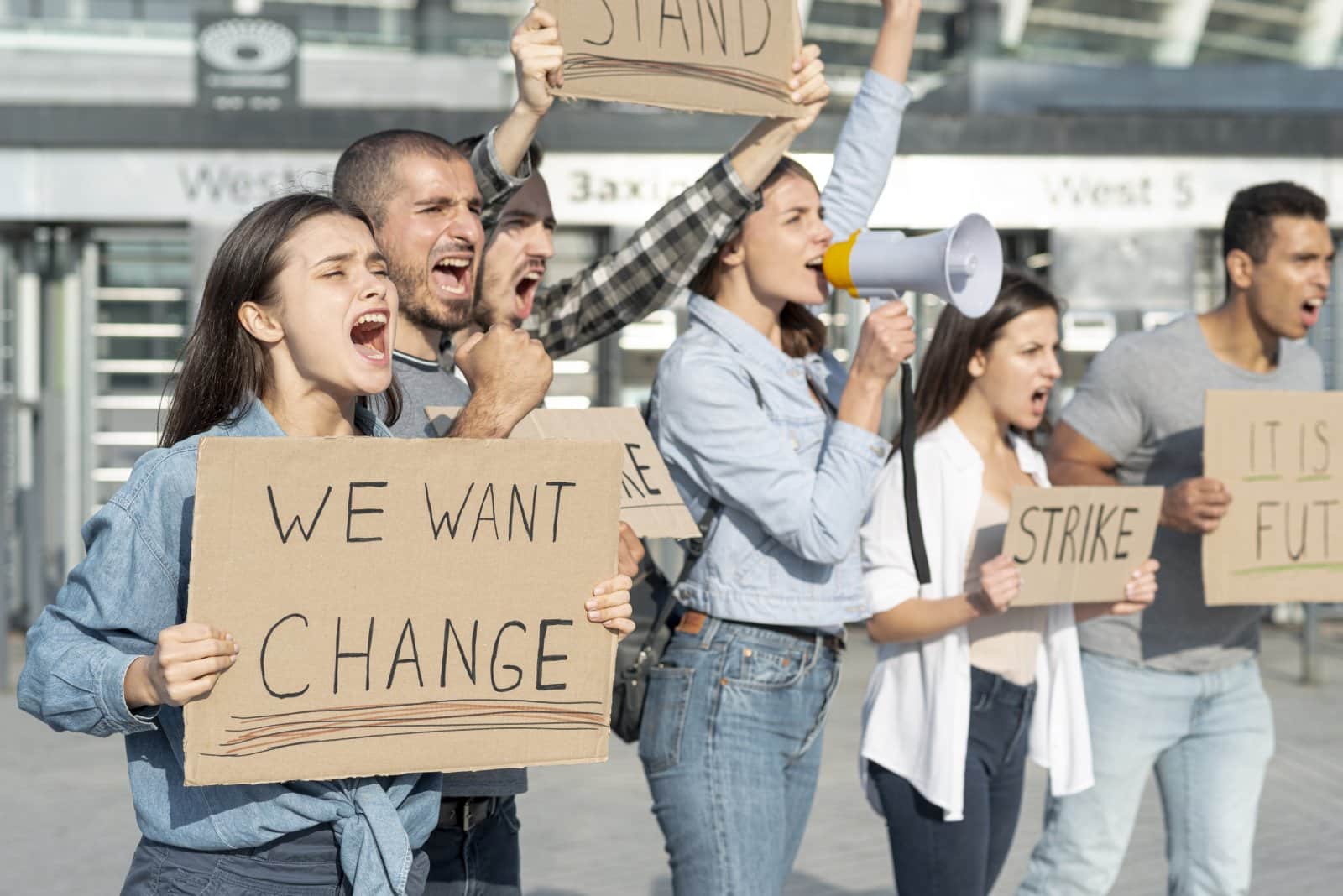Minimum wage worries in Minneapolis as Uber and Lyft have decided to pull out of operating in the area due to new laws that would require them to pay their drivers $1.40 per mile, $0.51c per minute, with a $5 minimum per ride, excluding tips. Here’s the full story.
Uber and Lyft Exit

Last week, the Minneapolis city council approved long-standing minimum pay legislation for Lyft and Uber drivers in order to bring their wages in line with the local minimum of $15.57.
From May 1st, they’ll pull all their services in response to this decision.
Wage Woes in Minneapolis Ride-Sharing

Drivers had previously complained that they were struggling to make ends meet under Uber/Lyft’s pricing structures.
Struggling Drivers

With the rising cost of living, a wage that hasn’t increased, and a market with more ride-sharing apps than ever, drivers were actually noting a decline in their earnings over time.
Report Reveals Minneapolis Drivers’ Earnings

A recent report, the biggest of its kind, found out that drivers in Minneapolis earn less than the $15 minimum wage after accounting for time spent on the app and deducting expenses for fuel and vehicle insurance.
Data Insights

The report analyzed 18 million Uber and Lyft trips and found that, on average, Minneapolis drivers earned a lot less than their counterparts in other areas of Minnesota.
Mayoral Clash

While Mayor Jacob Frey promised Uber and Lyft that he would use his mayoral powers to veto this new ordinance, the city council overruled him in a 9-4 vote.
Wage Dispute

Uber and Lyft have argued that this new law raises wages far above the recommended federal level.
In fact, the Department of Labor and Industry suggested that drivers should be paid $0.89c per mile and $0.49c a minute to match the minimum wage.
Federal Recommendations vs. Local Ordinance

Federal officials noted that raising wages to $1.21 per mile and $0.49c would enable all drivers to have paid leave, save for retirement, and afford health insurance, but city council members voted to outdo even that wage, leading to criticism from Uber and Lyft and some lawmakers.
Passenger Concerns

Uber and Lyft have said that these new wages would raise passenger fees, and lawmakers are worried about losing transport options in their cities.
Minneapolis Braces for Service Gaps

Many people rely on ride-sharing companies’ services, including disabled people, and losing them could result in a huge issue if their gaps in the market aren’t filled.
Corporate Reaction

In a statement, an Uber spokesman said: “We are disappointed the council chose to ignore the data and kick Uber out of the Twin Cities, putting 10,000 people out of work and leaving many stranded.”
Lyft Criticize Council Decision

A Lyft spokesman echoed these comments, writing, “We support a minimum earning standard for drivers (…) However, this ordinance would make rides unaffordable for the majority of Minneapolis residents. The drastic drop in rides means the thousands of drivers who rely on Lyft for earnings would ultimately make less, creating an unsustainable situation for our customers.”
Driver Advocacy

Activists for the Minnesota Uber/Lyft Drivers Association (MULDA), however, disagree with Uber and Lyft’s assertions.
Rideshare Rivals Ready to Step In

They rejected their claims, with MULDA’s President Eid Ali arguing that there were already multiple rideshares hoping to fill in the gaps left by Uber and Lyft, and the drivers would remain working; all that would change is the software they use, and the quality of life would improve.
Affordability Debate

Ali stated, “I refuse to believe a $7.3bn company cannot pay their workers minimum wage in our city. That is so difficult for me to swallow.”
Company Motives

He went on to explain what he thinks their motivations behind this move are, “If they let the drivers here get what they want in this small market, it will have a bigger effect on their bigger, more lucrative markets. So they have to stop this. That is what their fight is based on. It’s not about the minimum wage, I believe it’s about how it will impact their bigger markets.”
Political Response

In response to this ordinance passing, Republicans in Minnesota have knocked up plans to introduce legislation aimed at keeping the companies in the region.
The Complexities of Gig Worker Rights

Disputes over driver’s pay have been a topic of great debate over the last few years. Similar disputes have occurred in other states over the same issues without much resolution.
Exploitation Concerns

Uber and Lyft have been embroiled in most of these discussions, often accused of exploiting gig workers and undermining local cab trades.
The post Minneapolis Loses Uber and Lyft Amid Wage Law Change first appeared on Thrift My Life.
Featured Image Credit: Shutterstock / Tada Images.
The content of this article is for informational purposes only and does not constitute or replace professional financial advice.
